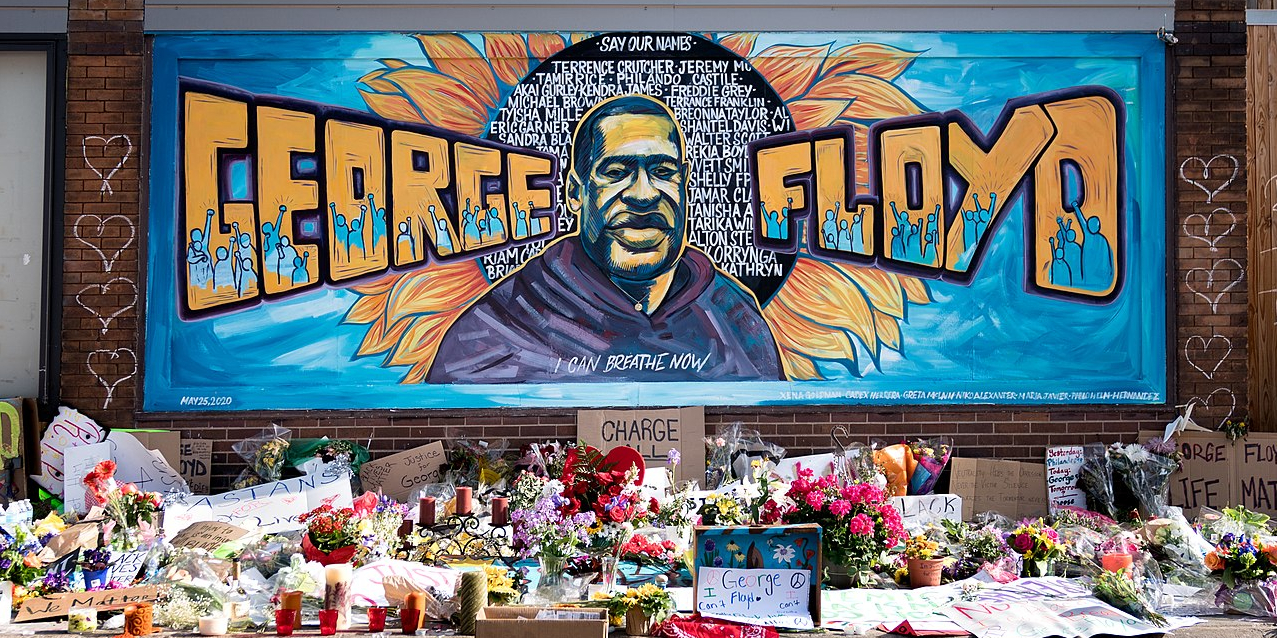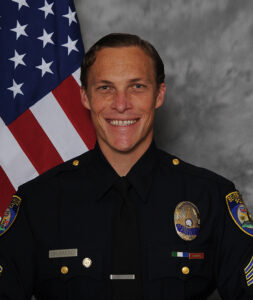There is something about the death of George Floyd that is different. Incidents where people of color are brutalized or killed by law enforcement officers have become common to the point of being normalized. We have seen many videos over the years showing police using excessive force, in some cases leading to a death. But the video of Mr. Floyd shows clearly the slow killing of a restrained man by police officers. He called out to his deceased mother in the last moments of his life—and we all saw it for an excruciating 8 minutes and 45 seconds.
After speaking with my brother and my son, who is the father of my new grandson, all three of us understand the necessity to continue the African American tradition of having “the talk” with our children—that is, the things you do and do not do if you encounter a police officer, given the possibility that it could take a racially charged and violent turn.
I often remind people that nothing has changed. In some municipalities, policing didn’t get worse, cell phone technology got better. Complaints of police misconduct were often deemed unfounded, due to the lack corroboration. Unfortunately, videos have not facilitated what most would believe is the appropriate court adjudication in many, if not most, of these cases.
I have lived in both spheres of this dynamic, as an African American and former law enforcement officer. In fact, I chose to join law enforcement because of police misconduct. I didn’t accept that people should be targeted because of their color, and I believed I could be part of the change I was seeking. I am honored to have trained, supervised and managed new police cadets and veteran officers during my years of service in three law enforcement agencies and the police academy. There is certainly a culture in law enforcement, and the essential shift from the “warrior” mentality to the “protector” role remains community policing challenge. But I am tired of hearing, “We need more training.”
I understand the “last straw” feeling. I still get nervous when I receive the unexpected phone call at an odd hour, hoping my son, brother or relative has not become the next hashtag. With all due respect to the majority of men and women who professionally protect and serve their communities with integrity and humanity, I thank them for their service. This is a leadership moment, for law enforcement and our country. Members of organizations will do what they believe they can get away with. Having served as an assistant chief of police, I believe it’s fair to say some organizations, in fact, mirror their leadership.
As the quote from the film “The Hate U Give” states, “It’s impossible to be unarmed, when our blackness is the weapon they fear.”
We stand on the shoulders of giants, and too much has been sacrificed to go backward. I wasn’t raised to be content with being treated less than anyone else, and that hasn’t changed. We are the solution we are looking for, and we are all in this together. I will work with anyone who is committed to positive change, and I hope you will join us. Stay safe.




